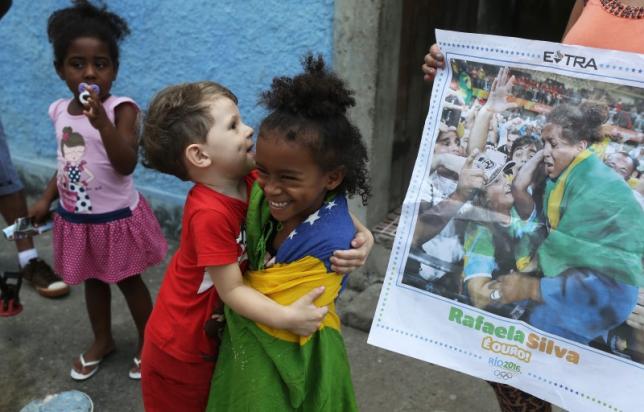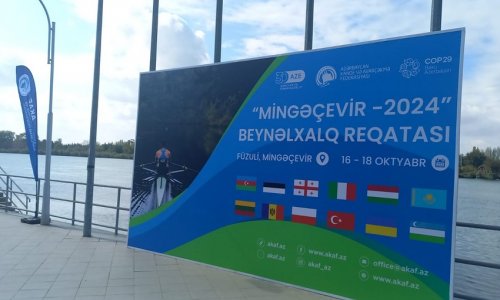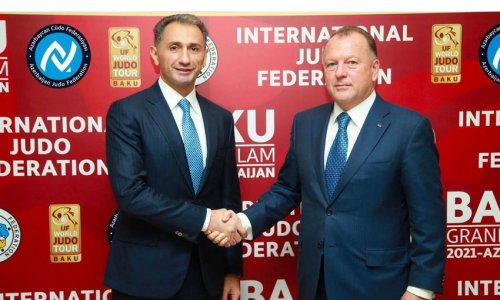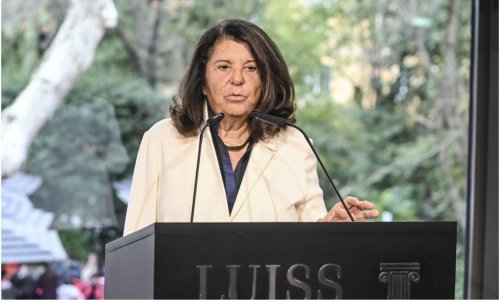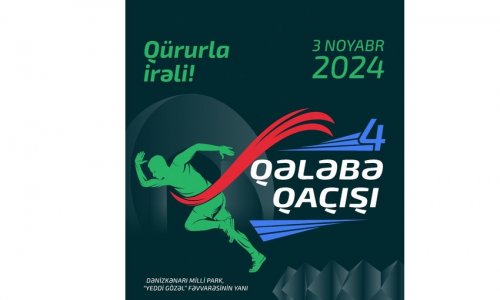The gold, they shouted, was for all of them.
Residents of Rio's City of God slum, where judoka Rafaela Silva was born and raised before winning Brazil’s first gold medal at these Games, spoke of their pride and hope that her triumph would help break the stigma that sticks to shantytown residents.
"She's black. She's a woman. She is fierce and she has never, not once, forgotten her roots," said Thaina Santos, a 20-year-old buying fruit on a bustling street in the City of God, made infamous by a 2002 film of the same name.
"For most Brazilians, they think that those of us living in favelas have little worth, that we have little drive, education or desire," Santos said. "Whether they like it or not, Rafaela helped blow that nonsense up. Her victory went a long way in validating our worth."
About 20 percent of Rio's residents reside in more than 1,000 slums in the metropolitan area of 12 million people. These are communities that until a few decades ago were literally not even been marked on city maps.
Some have seen recent improvements in services but the vast majority witness little to no government presence. The exception is when police enter to engage drug gangs in bloody shootouts, with innocents often caught in the crossfire.
On Jesse Street, at the eggshell-yellow, three-storey house where Rafaela was raised but no longer lives, her father Luiz, 53, who earns a living running a makeshift moving company out of his Volkswagen van, leaned against the concrete grey wall in front of the home, occasionally taking slow drags on a cigarette.
He spoke with a quiet emotion and dignity about his daughter's win.
"It's great that people in the community see through her that if you fight for something, no matter where you are from, you can reach your goal," he said. "She has never hidden her roots. She has always said that she come from the City of God."
Across the street from where Luiz spoke, graffiti spray-painted in black on a blue-chipped wall spelt out the danger that still exists in this slum.
The City of God was supposedly "pacified" under a policing program that sees police drive gangs out and install permanent posts, called UPPs, but residents say the Red Command drug gang still holds plenty of sway.
The message on the wall: "Take care, UPP … you are being watched." It was signed "CV" – the Portuguese letters for the Red Command gang.
Rafaela’s aunt, Sonia Silva Coelho, who lives with the extended family in the City of God, said that her niece's win meant so much for so many, after she was disqualified from the 2012 London Olympics for using a judo move newly made illegal.
"This will not miraculously change the lives of us poor but I do think it will help change the vision that many people have, not just for this favela but for all of them: for all the hard-working and creative people who live in these communities," she said.
"Now they can see that these are places that can produce Olympic champions, not just drug dealers."
Up and down the street, electricity lines crisscross overhead. Barefoot and shirtless boys chased each other excitedly, some trying to make small plastic kites take flight. Others smiled curiously at visiting foreign journalists, a rare site, so far away from the golden-sanded beaches tourists frequent.
Onlookers peered down on the street from the balconies of their humble homes, as Rafaela’s family stood on the street, shy before cameras but elated to speak of her accomplishment.
A lone voice said it first, but soon scores of neighbors joined in, giving rise to a chorus that was repeated with deep pride.
"The gold is ours!" the chant began. "It belongs to all of us!"
(reuters.com)
www.ann.az
Follow us !

